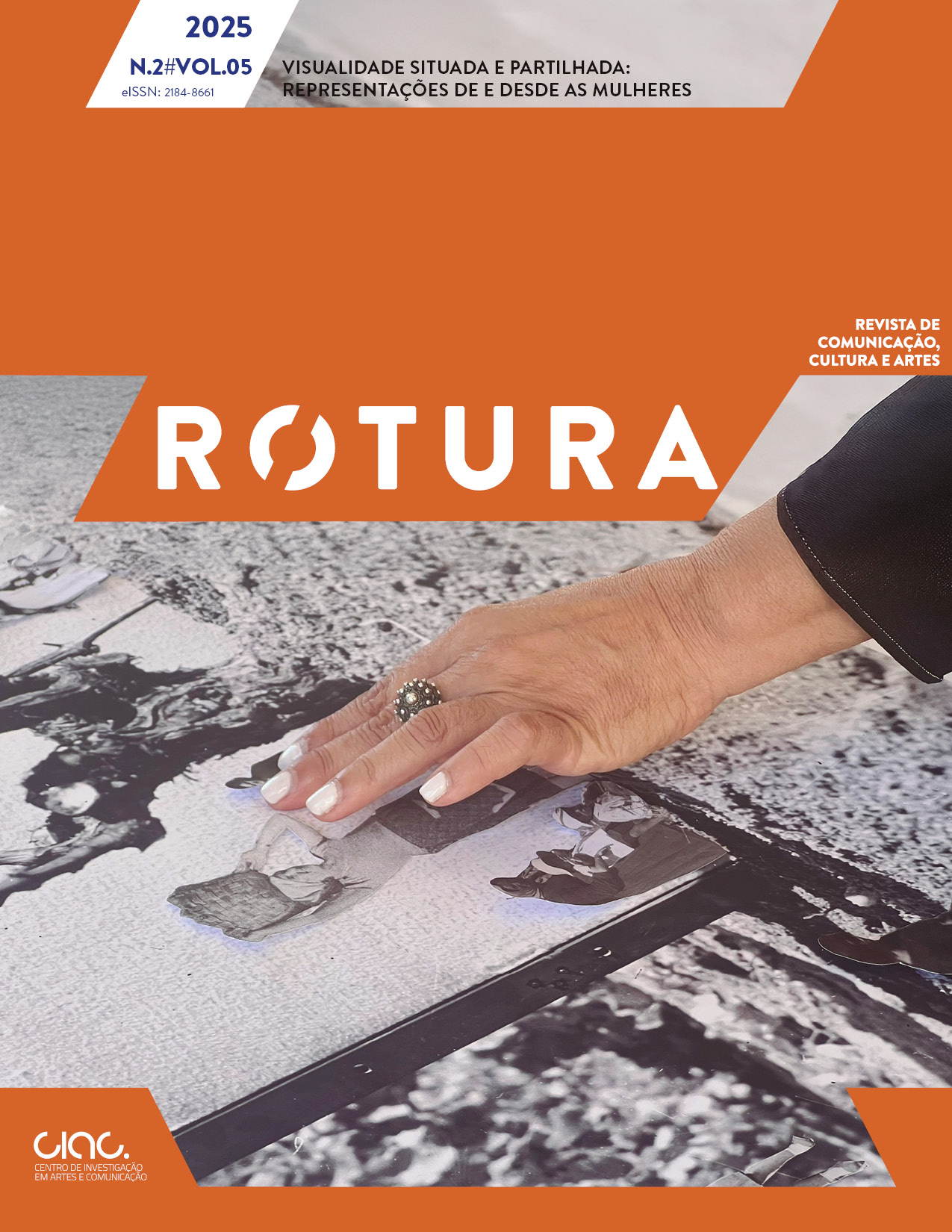Crossed views on the emergence of artistic and cultural mediation in cultural policies in Portugal
Abstract
The transition from dictatorship to democracy in Portugal marked a pivotal moment in the development of cultural policies, which continue to inform contemporary understandings of artistic and cultural mediation. This article examines the emergence of the term and concept of “mediation” within the legal and institutional frameworks of cultural action, exploring the conditions under which it arose and the rationales that sustained its evolution. Through an analysis of key documents – including the Portuguese Constitution, government programs, heritage legislation, museum policies, cultural funding regulations, and the 2019 National Arts Plan – and in comparative dialogue with the French context, we argue that the transformation in the politicization of culture created the conditions for the institutionalization of cultural mediation in both countries. Over time, cultural policies have increasingly mobilized the arts as instruments of social inclusion, shifting from a model of cultural democratization to one of cultural democracy – albeit at the risk of diluting the identity and autonomy of artists. Although artistic and cultural mediation was explicitly integrated into local cultural policies in the early 2000s, no specific professional category was established to carry out this work. While transformations in the social and urban fabric have fostered creativity and facilitated social interaction, they have also obscured a broader consumerist logic underpinning cultural participation. Moreover, the objectives of fostering participation – central to the discourse of mediation – face significant structural challenges, including precarious working and living conditions and the enduring impact of neoliberal policies implemented over the past three decades.
Downloads
Copyright (c) 2025 Cristina Cruz, Gilles Suzanne, Laurence Vohlgemuth

This work is licensed under a Creative Commons Attribution-NonCommercial-NoDerivatives 4.0 International License.
Accepted 2025-09-29
Published 2025-09-29


















